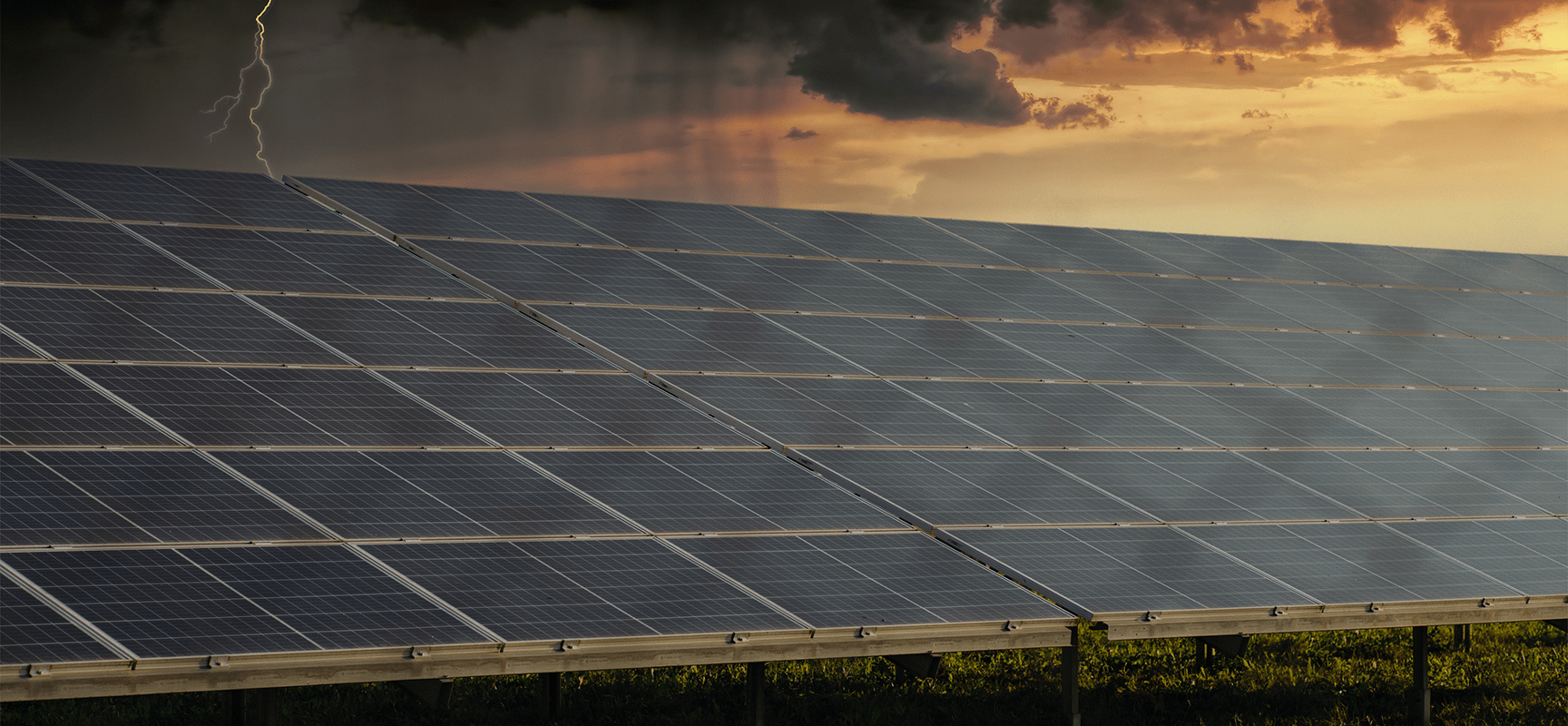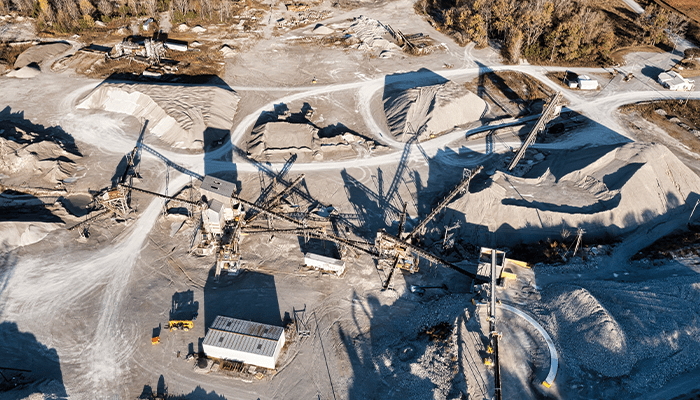
Weather Preparedness for Alternative Energy: Lessons from Recent Storms in Florida
The recent storms that battered Florida served as a stark reminder of the vulnerabilities that come with alternative energy infrastructure, particularly solar and wind. As the transition to alternative energy accelerates, so does the need for comprehensive risk management strategies to protect these assets from extreme weather. For energy companies involved in developing and maintaining alternative energy sources, preparedness is no longer just an option – it's a necessity.
The Growing Importance of Weather Resilience in Alternative Energy
With solar and wind energy playing a critical role in the global shift toward sustainable energy, their exposure to weather-related risks has come into sharp focus. While renewable energy sources are crucial for reducing carbon emissions, they are not immune to natural disasters. Hurricanes, floods, and high winds can cause significant damage to infrastructure such as solar farms, wind turbines, and battery storage facilities, leading to substantial downtime and costly repairs.
In the case of Florida's recent storms, solar farms faced a unique set of challenges. Solar panels are designed to withstand harsh conditions, but sustained winds, heavy rainfall, and flying debris can still inflict damage. Wind turbines are similarly robust but are vulnerable to extreme gusts and structural stress. The costs of repairing or replacing damaged equipment can quickly add up, making it imperative for energy companies to prepare for these risks proactively.
How Energy Companies Can Strengthen Their Preparedness
- Assessing Vulnerabilities: The first step in weather preparedness is conducting a thorough risk assessment of all alternative energy infrastructure. Companies must evaluate how their solar panels, wind turbines, and energy storage facilities will hold up against the most severe weather events common to their operating regions. This should include the proximity of projects to coastal areas, floodplains, or regions prone to hurricanes.
- Enhancing Structural Resilience: Installing equipment better suited to withstand harsh weather conditions can reduce the likelihood of severe damage. For example, advanced solar panel mounting systems and reinforced wind turbine foundations can provide additional stability during extreme weather.
- Monitoring and Maintenance: Ongoing monitoring of weather patterns and real-time inspections can help identify issues before they escalate. Implementing predictive maintenance programs ensures that equipment is kept in peak condition and can minimize the impact of storms. Additionally, maintaining communication with local authorities can help align disaster response plans with broader emergency services.
- Comprehensive Insurance Coverage: As the risks of extreme weather events increase, so does the need for robust insurance coverage. Traditional property insurance might not be enough to fully cover the unique risks associated with alternative energy infrastructure. Policies tailored to the specific needs of solar, wind, and battery storage assets, such as contingent business interruption coverage, should be considered to protect against revenue losses due to downtime.
- Weather Contingency Planning: A weather preparedness plan is essential for minimizing downtime during and after a storm. These plans should include steps for safely shutting down operations in the face of impending weather, securing equipment, and ensuring personnel safety. Additionally, contingency plans should outline how quickly energy production can be restored after the weather event.
Insurance Solutions for Changing Climate
As alternative energy infrastructure grows, so does the need for more specialized insurance solutions. Traditional property policies may not provide sufficient coverage for weather-related risks, especially given the unique vulnerabilities of solar panels and wind turbines. Energy companies should explore tailored coverage options, such as:
- Parametric Insurance: This type of coverage pays out based on predefined weather events (e.g., hurricane strength or wind speed) rather than the actual loss incurred, allowing for quicker recovery and payout.
- Flood Insurance: Given the increasing risk of flooding in coastal and low-lying areas, additional flood coverage can help protect against water-related damages not covered by standard property insurance.
- Business Interruption Insurance: Weather-related damage often leads to operational downtime, which can severely impact revenues. Business interruption coverage ensures that companies can recover lost income during these periods of inactivity.
Looking Ahead: Building Resilience for the Future
As climate change continues to intensify the frequency and severity of weather events, energy companies must prioritize preparedness to safeguard their investments in alternative energy infrastructure. Whether through enhanced structural resilience, real-time monitoring, or customized insurance products, taking proactive steps to mitigate weather risks is essential for ensuring the long-term viability of renewable energy projects.
At AssuredPartners, we understand the unique challenges energy companies face in today's climate. Contact us to learn more about how we can help your business develop comprehensive weather preparedness and insurance strategies tailored to the needs of your alternative energy project.
Featured News & Insights

Nuclear energy offers exciting opportunities, but it comes with a level of risk and regulation that’s unlike any other sector. One of the biggest challenges operators face is proving they have the...

The energy sector, which spans oil and gas, utilities, and renewable energy, is one of the most complex and volatile industries in the world. From environmental scrutiny to fluctuating commodity...

On April 18, 2024, the Mine Safety and Health Administration (MSHA) issued a final rule to lower miners' exposure to respirable crystalline silica and enhance respiratory protection measures across...